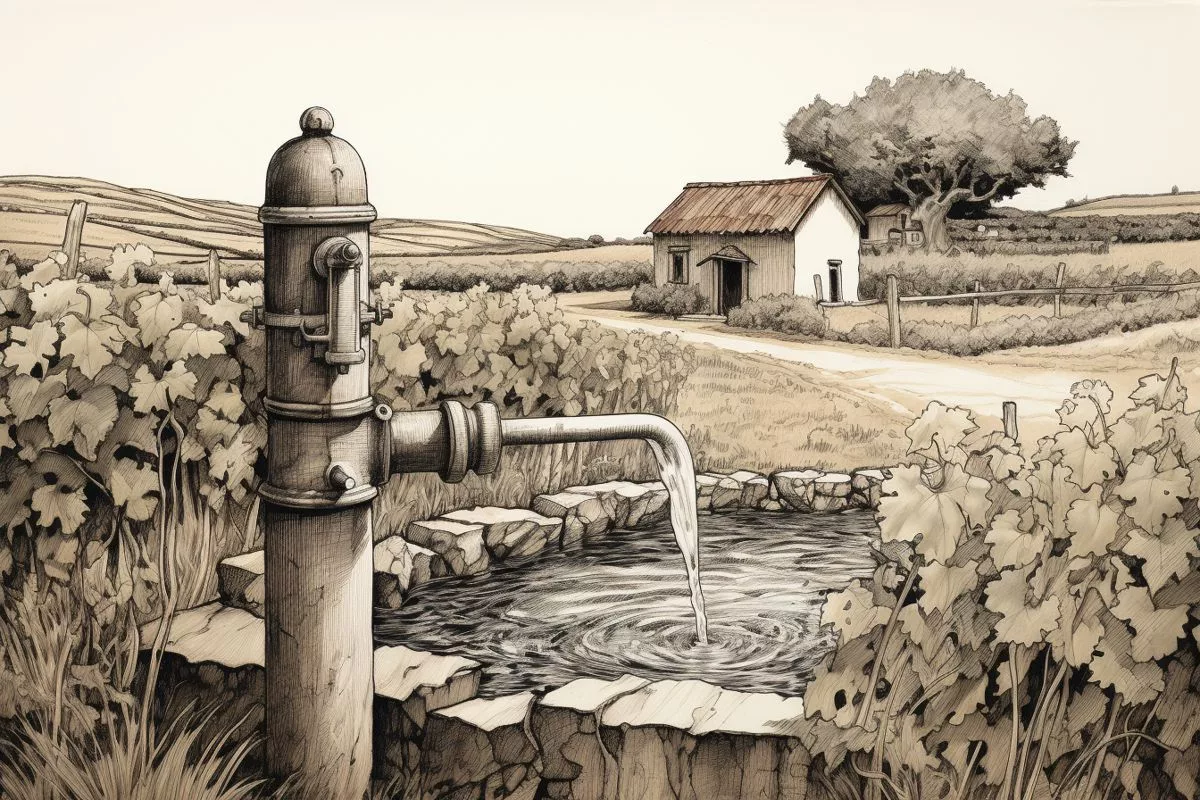South Africa’s Deputy Minister in the Presidency for Planning, Monitoring, and Evaluation, Pinky Kekana, has emphasized the importance of a collaborative approach to overcoming the country’s energy challenges. Speaking at the Energy Security Indaba, Kekana urged different sectors to work together in promoting energy conservation, environmental consciousness, and reducing CO2 emissions. The event brought together over 500 experts and stakeholders to explore themes such as energy mix opportunities, technologies, investment, regulations, infrastructure, and efficiencies. By working together, South Africa can move towards a brighter, more energy-secure future.
How can South Africa overcome energy challenges?
South Africa’s Deputy Minister in the Presidency for Planning, Monitoring, and Evaluation, Ms. Pinky Kekana, stresses the importance of a unified approach, with different sectors collaborating, to tackle the nation’s energy challenges. This includes energy conservation, environmental consciousness, and reducing CO2 emissions. The recent Energy Security Indaba brought together various experts and stakeholders to discuss energy mix opportunities, technologies, investment, regulations, infrastructure, and efficiencies. By working together, South Africa can move towards a brighter, more energy-secure future.
South Africa is currently facing significant energy and power challenges, and the country’s Deputy Minister in the Presidency for Planning, Monitoring, and Evaluation, Ms. Pinky Kekana, is urging for a unified approach to tackle these issues. Kekana delivered her message at the recent Energy Security Indaba in Bloemfontein, Free State Province, where she underscored the importance of different sectors, including citizens, to work together in addressing the nation’s energy situation.
The Energy Security Indaba, hosted at the Performing Arts Centre of the Free State (PACOFS), saw more than 500 delegates from various backgrounds. Attendees included Premiers, Deputy Ministers, MECs, Mayors, industry experts, exhibitors, researchers, government officials, investors, and energy users. The event explored themes such as “energy mix opportunities, technologies, and investment” and “energy regulations, infrastructure, and efficiencies.” By gathering a diverse group of knowledgeable experts and stakeholders, the Indaba aimed to promote insightful dialogues on knowledge, energy investment, innovation, and collaboration.
During the event, Kekana spoke about the Department of Planning, Monitoring, and Evaluation’s (DPME) commitment to the nation’s energy security endeavors. The DPME’s involvement includes research, planning, coordination, and monitoring energy savings across all government spheres. Kekana stressed the importance of responsibility and energy conservation, saying, “Government has rolled out various energy-saving methods. As a Department, we will be monitoring the saving of energy, especially at public institutions such as schools, hospitals, and courts.”
Promoting Environmental Consciousness and Emission Reductions
In addition to energy conservation, Kekana urged South Africans to be more environmentally conscious and to reduce carbon dioxide (CO2) emissions. She recognized the negative effects of CO2 emissions on the planet and climate change and encouraged the younger generation to take a more active role in the country’s energy economy.
Free State Premier Mr. Mxolisi Dukwana echoed Kekana’s sentiments, advocating for the reduction of CO2 emissions and the exploration of innovative technologies that align with South Africa’s resources. He highlighted that the Free State Province, due to its central location and abundance of minerals, is ideally positioned to serve as the nation’s energy hub. With an estimated 23 billion cubic feet of natural gas and a rich supply of uranium, the province could significantly alleviate South Africa’s energy problems.
Dukwana urged the event participants to engage in honest conversations and act on the decisions made at the Indaba. He emphasized the importance of a collective effort, using the recent back-to-back rugby world cup victories as an example of the success that can be achieved through teamwork. “We can be victorious if we work together in the interest of South Africa and the African continent,” Dukwana stated.
Energizing Free State Province and South Africa’s Future
The Energy Security Indaba facilitated a platform to examine the vast energy opportunities in the Free State province. It supports the promotion of investments in the production and distribution of various energy sources, driving economic growth and job creation through a sustainable energy supply. By encouraging collaboration between diverse sectors and stakeholders, South Africa can move towards a brighter, more energy-secure future.
1. What are South Africa’s energy challenges, and why is collaboration essential to overcome them?
South Africa is facing significant energy and power challenges, and a collaborative approach is essential to address them. The Deputy Minister in the Presidency for Planning, Monitoring, and Evaluation, Pinky Kekana, stresses the importance of different sectors working together on energy conservation, environmental consciousness, and reducing CO2 emissions.
2. What was the Energy Security Indaba, and who participated in it?
The Energy Security Indaba was a conference held in Bloemfontein, Free State Province, which brought together over 500 experts and stakeholders to explore themes such as energy mix opportunities, technologies, investment, regulations, infrastructure, and efficiencies. Attendees included Premiers, Deputy Ministers, MECs, Mayors, industry experts, exhibitors, researchers, government officials, investors, and energy users.
3. What did Pinky Kekana talk about during the Energy Security Indaba?
Pinky Kekana spoke about the Department of Planning, Monitoring, and Evaluation’s (DPME) commitment to the nation’s energy security endeavors. The DPME’s involvement includes research, planning, coordination, and monitoring energy savings across all government spheres.
4. How does the Free State Province fit into South Africa’s energy landscape?
Free State Premier Mr. Mxolisi Dukwana advocates for the reduction of CO2 emissions and the exploration of innovative technologies that align with South Africa’s resources. Due to its central location and abundance of minerals, the Free State Province is ideally positioned to serve as the nation’s energy hub.
5. What resources does the Free State Province have that could alleviate South Africa’s energy problems?
The Free State Province has an estimated 23 billion cubic feet of natural gas and a rich supply of uranium, which could significantly alleviate South Africa’s energy problems.
6. What is the importance of environmental consciousness and reducing CO2 emissions?
Pinky Kekana urged South Africans to be more environmentally conscious and to reduce carbon dioxide (CO2) emissions. She recognized the negative effects of CO2 emissions on the planet and climate change and encouraged the younger generation to take a more active role in the country’s energy economy.
7. What is the potential economic impact of sustainable energy production and distribution?
The promotion of investments in the production and distribution of various energy sources can drive economic growth and job creation through a sustainable energy supply.
8. What is the message of the Energy Security Indaba, and how can South Africa move towards a brighter, more energy-secure future?
The Energy Security Indaba aimed to promote insightful dialogues on knowledge, energy investment, innovation, and collaboration. By working together and exploring diverse energy opportunities, South Africa can move towards a brighter, more energy-secure future.








